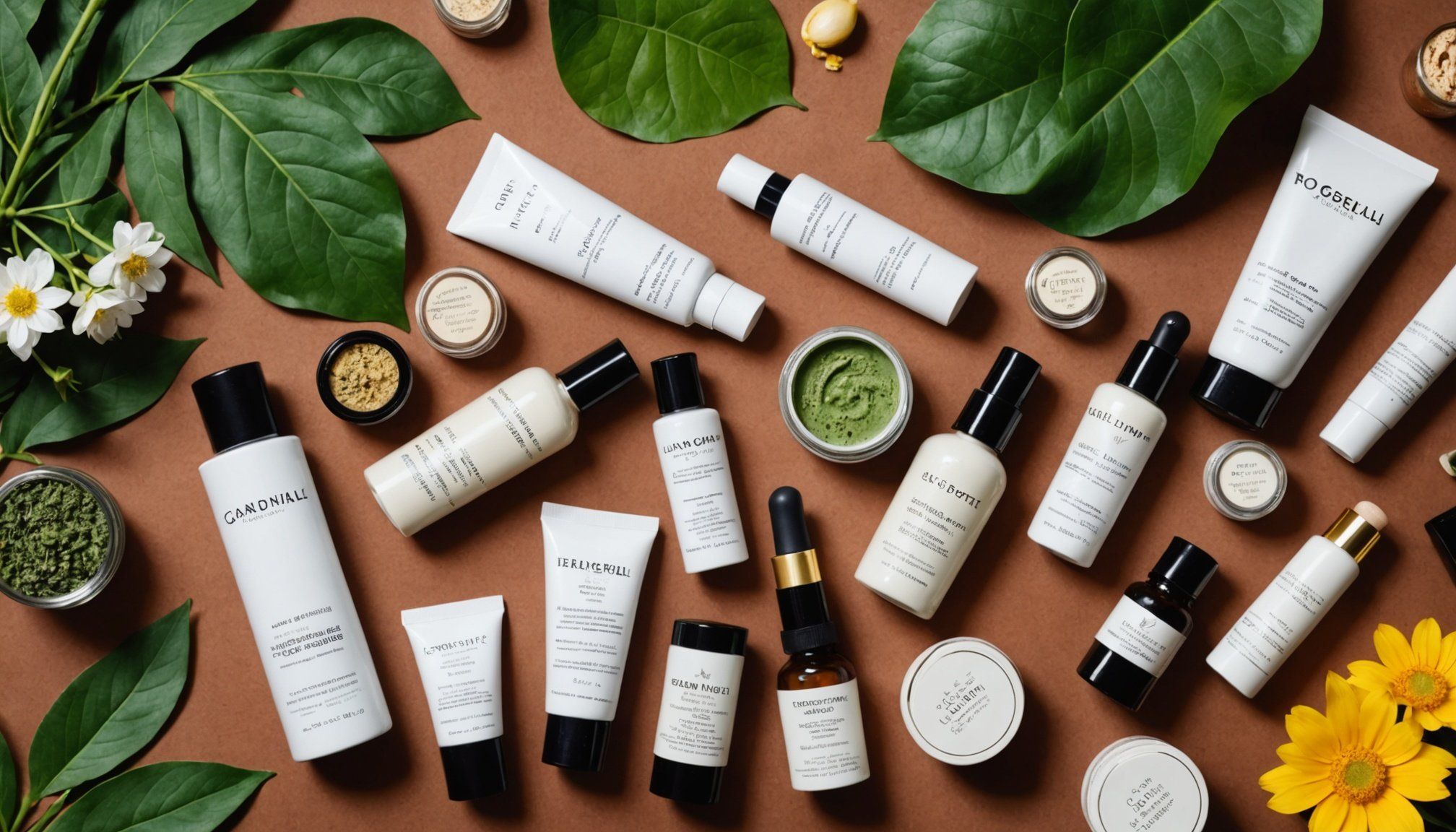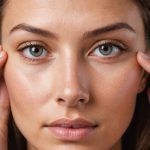Overview of Vegan Beauty Brands in the UK
Vegan beauty brands are gaining momentum in the UK, reflecting a shift towards ethical cosmetics and cruelty-free lifestyles. Vegan beauty products, by definition, contain no animal-derived ingredients and avoid animal testing, marking a significant move towards more sustainable beauty practices. This change satisfies the growing demand for transparency and environmental responsibility from consumers who are becoming increasingly aware of the impact of their purchasing choices.
The vegan beauty market in the UK is seeing remarkable growth, as consumers prioritize products that align with their values. The expansion is driven by innovation in formulation and an increasing number of brands committing to producing humane and eco-friendly products. This trend is not just a passing fad but rather a sustained change characterized by rising sales figures and a broadening range of products.
In the same genre : Create your perfect capsule wardrobe for the uk”s changing climate: a complete guide
Reputable vegan beauty brands stand out due to their commitment to ethical practices, ensuring everything from sourcing to manufacturing meets stringent vegan standards. These brands often highlight characteristics such as transparency in ingredient lists and third-party certifications, establishing consumer trust. They play a crucial role in educating consumers and setting high standards for the industry, thereby fostering a more informed shopping experience.
Top Vegan Beauty Brands in the UK
The UK is home to several leading vegan brands offering a vast product range that helps foster strong consumer trust. Their commitment to cruelty-free and ethical beauty ensures consumers can feel confident about their purchases. These brands often provide diverse options catering to skincare, makeup, and haircare needs.
Have you seen this : Ultimate Guide to Choosing the Perfect Fabric Conditioner for Preserving Vintage Clothing in the UK
Brand Profiles
Popular vegan brands like BYBI Beauty, Tropic Skincare, and Evolve Organic Beauty stand out for their unique values and innovative formulations. For instance, BYBI Beauty is renowned for its carbon-neutral vegan products, focusing on sustainability without compromising efficacy. Tropic Skincare offers a wide array of products, including award-winning skincare and sun care lines. Available online and in retail, they maintain easy accessibility for consumers.
Product Offerings
Each brand showcases distinct signature products that highlight their ethos. BYBI Beauty’s Bakuchiol Booster is a sought-after alternative to retinol, while Tropic Skincare’s Pure Lagoon Serum is praised for combating blemishes. Comparatively, Evolve Organic Beauty’s Hyaluronic Serum 200 remains a staple for hydration.
With an array of choices, consumers can confidently explore brands that align with their ethical aspirations. Evaluating product offerings and taking note of unique formulations ensures consumers enjoy both variety and quality.
Certifications and Standards in Vegan Beauty
Understanding the right certifications is crucial for any consumer seeking authentic vegan beauty products that align with ethical and eco-friendly values. Vegan certification signifies that no animal-derived ingredients are used, ensuring products meet stringent ethical standards. Prominent certifications like the Vegan Society trademark provide assurance by verifying a product’s contents and manufacturing processes.
The cruelty-free standards enacted by organisations such as Leaping Bunny focus on eliminating animal testing, promoting more humane beauty practices. Selecting products with these labels helps consumers support brands that prioritise kindness towards animals. These standards also aid in establishing consumer trust by affirming transparent production methods.
Identifying genuine vegan products requires attention to details. Many vegan-certified products carry labels that are easily recognisable, informing potential buyers of their ethical commitments. Investigating ingredient lists and third-party certifications is necessary to avoid misleading claims. Some marketing strategies might employ “greenwashing,” where products are falsely advertised as eco-friendly. Being aware of this helps consumers make informed and ethical purchases.
By equipping themselves with the knowledge of certifications and standards, consumers confidently navigate the evolving world of vegan beauty. Supporting brands with verified ethical and cruelty-free practices can significantly enhance sustainable beauty efforts.
Tips for Conscious Shopping
Shopping consciously in the vegan beauty market involves making educated decisions based on ethical shopping principles and informed consumer choices. Start by evaluating a brand’s transparency and ethical stance. Look for clear information about ingredient sourcing and manufacturing practices. Brands that communicate openly about their processes are more likely to be ethical and trustworthy.
Delve into product ingredients before purchasing. Vegan products typically avoid animal-derived substances and emphasize sustainable beauty by incorporating plant-based and eco-friendly alternatives. Learning about common vegan ingredients, like coconut oil and aloe vera, can aid in identifying suitable products.
Supporting local and smaller vegan brands can make a significant positive impact. These companies often innovate sustainably due to their commitment to ethical practices and eco-consciousness, contrasting with larger corporations that may prioritize profit. Additionally, smaller brands frequently offer unique formulations not found elsewhere.
Consider third-party certifications and credentials. Certification labels, such as the Vegan Society trademark, act as shorthand for a product’s ethical and cruelty-free bona fides. They help guide shoppers in making choices aligned with personal values. Consequently, by embracing these tips, consumers champion change while contributing to a more ethical beauty industry.
Comparison of Vegan vs. Non-Vegan Beauty Products
In the debate between vegan vs. non-vegan beauty products, ingredient analysis plays a crucial role. Vegan cosmetics eliminate animal-derived ingredients, focusing on natural elements like aloe vera and coconut oil, known for their hydrating properties. In contrast, non-vegan products often contain substances such as lanolin and beeswax, which may pose ethical concerns for many consumers.
Brand Eco-Responsibility is a significant factor, especially in today’s eco-conscious market. Vegan brands often lead the charge in sustainability, implementing eco-friendly practices such as carbon-neutral packaging and sustainable sourcing. For example, some brands prioritize recycled materials and minimalistic packaging to reduce their environmental impact, setting a precedent for others to follow.
When it comes to pricing strategies, vegan beauty products can sometimes command a higher price point due to their ethical sourcing and production methods. However, budget-friendly vegan options are becoming more prevalent, offering affordability without compromising on principles. Non-vegan alternatives may initially appear cheaper, but consumers are increasingly considering the long-term environmental and ethical costs.
Ultimately, the choice between vegan and non-vegan beauty products often boils down to personal values regarding sustainability, animal welfare, and ingredient efficacy, with the vegan market steadily aligning with conscientious consumer demand.











